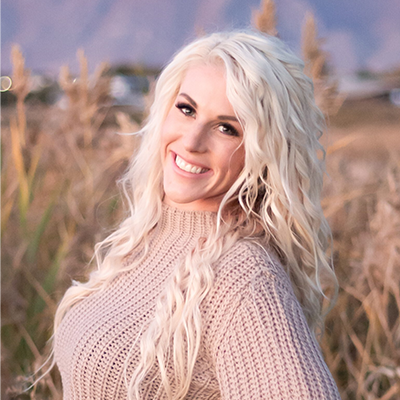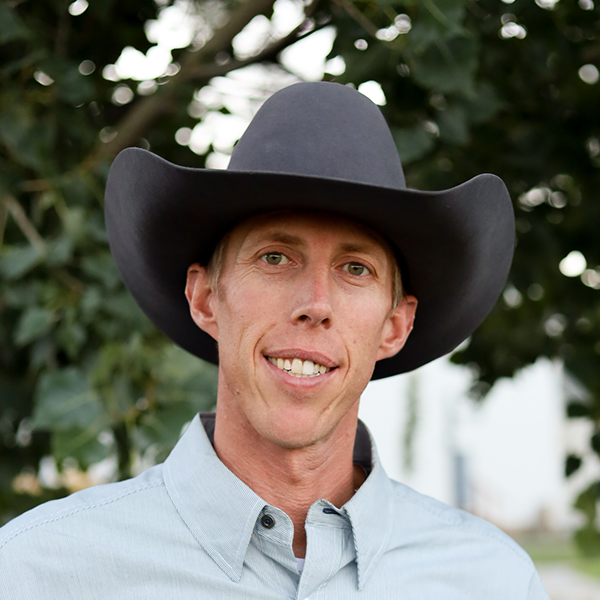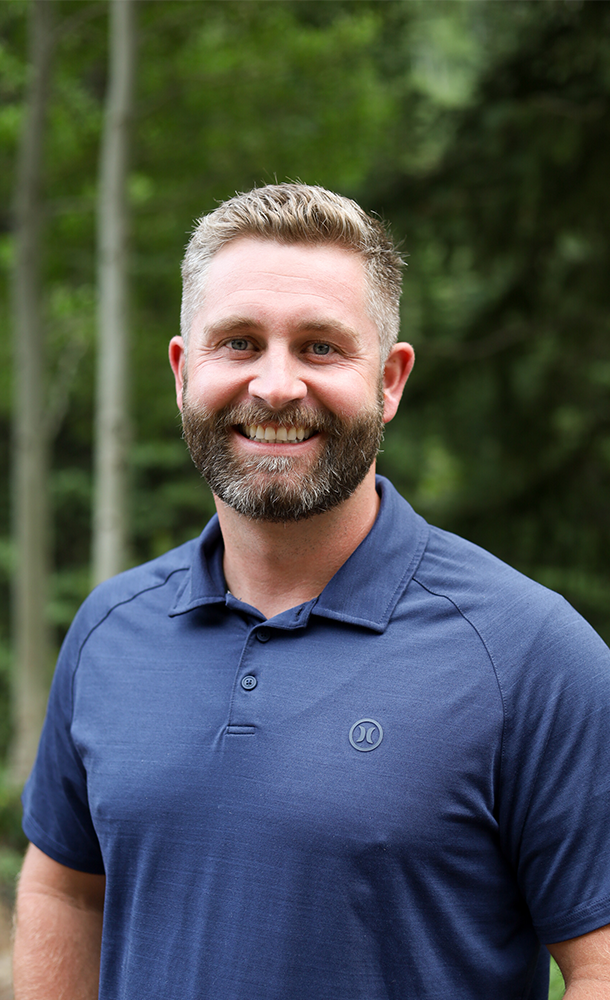RANCHING RISK MITIGATION
.webp)
REDD SUMMIT CAN PROTECT YOUR OPERATION
Running a successful operation involves dealing with several variables that are out of your control.
Fortunately, there are steps you can take to understand, prepare and guard against negative repercussions in these areas of uncertainty.
MEET OUR RISK EXPERT, ROSS BRONSON
You’re likely aware of many of the risks on your ranch, but finding the right mitigation tools can take a specific skill set.
Ross Bronson is the Ag Risk Consultant at Redd Summit Advisors. He works alongside our insurance agents to find and mitigate risks on their operations. Ross has been working on and consulting for ranches across the country for decades. You can get to know him by watching this video or visiting his profile page.
CUSTOMIZED POLICIES
Enjoy insurance policies that are custom-tailored to meet your operation’s unique needs
YEAR-ROUND SUPPORT
Benefit from year-round access to Ag-Industry experts eager to help manage risk on your ranch
Ranching Expertise
Know you’re working with a team of fellow ranchers, who understand your challenges
MAPPING SOFTWARE
Ensure that your PRF policy is built with precision through industry-leading software
100
+
Years
Lean on a team with 100+ years of ranching experience dedicated to your operation’s success.
92
%
RENEWAL
Enjoy the same coverage and support that has led to 92% of ranchers renewing their policies year after year.
9.7
/10
Ranches
Entrust your coverage with a team that has received a satisfaction rating of 9.7/10 from insured producers
50
M
ACRES
Make your ranch a part of the 50 million+ acres currently safeguarded with PRF insurance.
.jpeg)
PRODUCTION RISK
As a producer, you have certain expectations for commodity yields. Production risk is any external input that changes your expected yield outcome. While these influences, such as weather, are often out of individual control, there are many operational decisions that can influence production outcomes and risk.
.jpeg)
FINANCIAL RISK
Financial risk is associated with the ability to access capital and the cost of capital, and is often influenced by the other risk areas. It also includes cash flow needs, the ability to maintain and grow equity, withstanding short-term economic shocks, and protecting the financial well-being of the entity.
Maintaining clear records and implementing clear managerial accounting strategies can help you mitigate your financial risk.
.jpeg)
MARKETING RISK
Marketing risk is any risk associated with how you market a product, its associated price received, and market influences for necessary inputs to operations like feed commodities.
A detailed marketing plan that accounts for your production system is an important part of your risk management strategy.
Managing market risk with appropriate insurance products can prepare you for catastrophic black swan events.
.jpeg)
LEGAL RISK
Poor legal forethought, or protection can directly influence financial risk through fines and lawsuits. Examples of legal risk are:
- Contracts for services
- Goods and payments
- Business organization
- Laws and regulations
- Liability
- Public policy
There is no substitute for the advice of a good lawyer. Any plans to mitigate legal risk should involve conversations with a qualified attorney.
.jpeg)
HUMAN RISK
Do you have family working on your ranch? Who else runs, works on, or visits your ranch? The health and well-being of people participating in your operation is important because without them your ranch does operate.
The long-term viability of your operation should include developing skills in others that may be lost when primary operators have to step away from their role.
Having important conversations about passing on your legacy needs to happen while all those involved are able to sit in the same room. Do you have a plan in place for the succession of your operation to the next generation?
100
+
Years
Lean on a team with 100+ years of ranching experience dedicated to your operation’s success.
92
%
RENEWAL
Enjoy the same coverage and support that has led to 92% of ranchers renewing their policies year after year.
9.7
/10
RATING
Entrust your coverage with a team that has received a satisfaction rating of 9.7/10 from insured producers
50
M
ACRES
Make your ranch a part of the 50 million+ acres currently safeguarded with PRF insurance.
Ranching Risk Mitigation
FAQs
Answers to your questions.
If market swings keep you up at night, LRP is worth a look. It helps secure your profit floor while letting you sell into the high side if prices rise. For many ranchers, it's a simple way to protect years of hard work without giving up better prices down the road.
Yes—especially when market prices are unpredictable. Livestock insurance like LRP helps you stay in control. It’s a practical way to protect your operation from price crashes while giving you room to profit when the market moves your way.
GET 3 INSTANT PRF QUOTEs
At Redd Summit, we run billions of combinations to find the right intervals, grids, and coverage level for your operation. These three are just a starting point—we’ll tailor your policy to fit your operation.
.webp)






